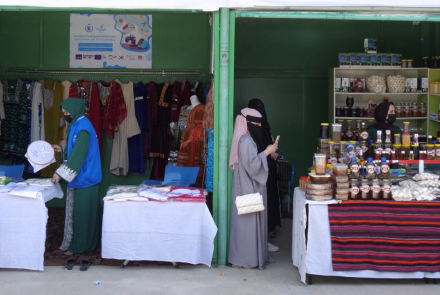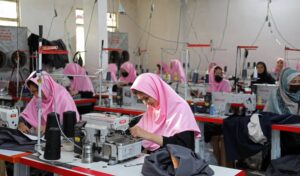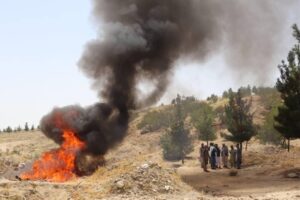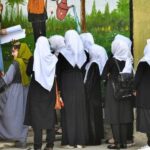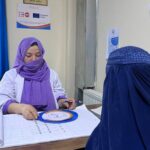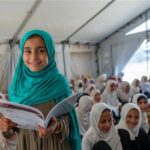Organizers of the 33rd Badam Bagh Exhibition in Kabul say that businesswomen are actively participating by showcasing handmade and household products in 56 stalls, attracting considerable attention from visitors.
They added that the exhibition, with 263 stalls, has displayed agricultural products, dairy, and handicrafts for four days and has been widely welcomed by visitors, especially women.
The Ministry of Agriculture of the caretaker government, in a statement, also invited citizens to visit the exhibition in support of domestic products.
The statement noted that the 33rd Exhibition of Agricultural and Livestock Products of the country was held this year under the slogan: “Investing in Afghanistan’s Livestock Sector; The Most Reliable Path Toward Growth and Development of the Country’s Economy” from the 9th to the 12th of Mizan 1404 (September–October 2025) in Kabul’s Badam Bagh.
Roya, a stallholder, told TOLOnews: “We participated from Herat province, and I am very happy that we got the opportunity to join the exhibition and gain new ideas from it. Many women also have stalls in this exhibition.”
Wahida, another stallholder, emphasized: “Both women and men visitors come and visit our stalls. Our handicrafts section includes carpets, prayer rugs, and traditional pillows—all of which are handmade.”
Meanwhile, visitors to the Badam Bagh Exhibition in Kabul say this event is truly a good opportunity for families, and prices are cheaper compared to the market, with product quality being excellent.
However, participating women expressed dissatisfaction over the shrinking sales market, rising prices of raw materials, and lack of access to support programs.
Some artisans cited the import of similar goods, travel visa restrictions, and challenges in accessing raw materials as key problems in their work.
They added that foreign imported goods still dominate the domestic market.
This comes as women are showcasing their artistic achievements while the government has imposed severe restrictions on girls and women over the past four years. At present, girls and women are barred from attending schools and universities.
This policy has deprived millions of schoolgirls of education.
In addition, women are banned from going to gyms, restaurants, public baths, being examined by male doctors, traveling without a male guardian, and working in national and international NGOs and even UN offices in Afghanistan.

